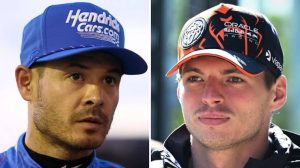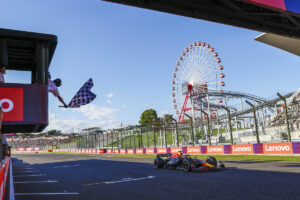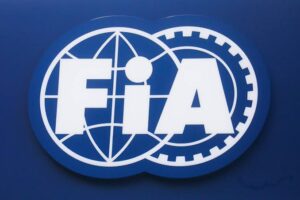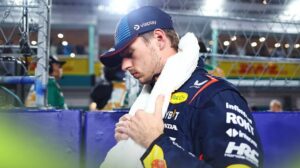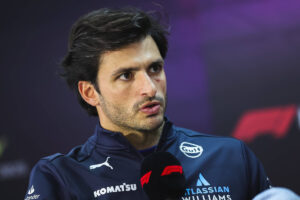Breaking: Michael Jordan’s 23XI and a 2nd team Sue NASCAR over..read more
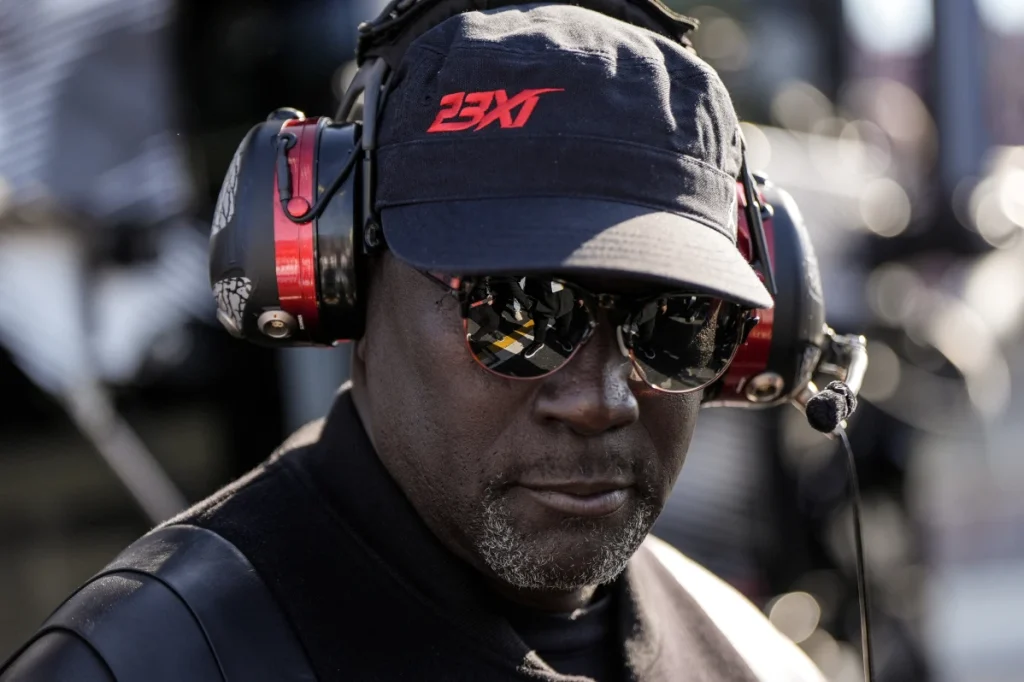
Michael Jordan’s 23XI and a 2nd team Sue NASCAR over..read more
Two NASCAR teams, including Michael Jordan’s 23XI Racing, have filed a federal antitrust lawsuit against NASCAR and its chairman, Jim France, claiming that the current charter system stifles competition by unfairly binding teams to the organization, its tracks, and its suppliers. The lawsuit was filed in the Western District of North Carolina following two years of tense negotiations between NASCAR and the 15 charter-holding teams in the Cup Series.
The lawsuit accuses NASCAR of monopolistic practices, asserting that “the France family and NASCAR are monopolistic bullies.” The teams claim they have felt pressured into accepting unfavorable terms that limit their ability to compete effectively. They argue that this situation is unsustainable, and now they have chosen to take a stand.
The conflict intensified after NASCAR presented its final revenue-sharing offer in September. Out of the 15 teams, 13 signed the agreement, but many did so under duress or threats. However, 23XI Racing, co-owned by Jordan and driver Denny Hamlin, along with Front Row Motorsports, refused to sign. They engaged Jeffrey Kessler, a prominent antitrust attorney known for representing players in major North American sports and advocating for athlete rights.
The lawsuit seeks more information regarding NASCAR’s exclusionary practices and aims to challenge the framework that has governed the sport since the original charter agreement was enacted in 2016. Kessler plans to request a preliminary injunction to allow both teams to compete under the new charter terms in 2025 while the litigation unfolds.
In the suit, the teams aim to recover triple damages for what they deem anti-competitive terms established since the charter system’s inception. Jordan expressed his frustration with the current state of NASCAR, stating, “I love the sport of racing… but the way NASCAR is run today is unfair to teams, drivers, sponsors, and fans.” He emphasized the importance of fostering a competitive market that benefits all stakeholders.
NASCAR has refrained from commenting on ongoing litigation, which is based in Daytona Beach, Florida.
Understanding the Charter System
The charter system, initiated in 2016, included elements like revenue sharing and assured 36 entries in each Cup Series race. Of the 19 initial team owners granted charters, only eight remain active in the sport today. The lawsuit points out that the charters have not led to profitability for many teams, citing the case of Furniture Row Motorsports, which sold its charter for $6 million after winning the championship in 2017.
The original charters were set to last from 2016 through 2020 but were automatically extended through December 31, 2024. As the expiration date approaches, teams have become increasingly vocal about the inequity in revenue sharing and are demanding a larger share of the profits.
Bob Jenkins, owner of Front Row Motorsports, noted he has never turned a profit since starting his team in 2005, despite winning the Daytona 500 in 2021. Jenkins emphasized the need for a fair agreement, stating, “We need a more competitive and fair system where teams, drivers, and sponsors can be rewarded for our collective investment.”
What the Teams Seek
During negotiations, the teams have pushed for increased revenue, a say in governance and rule-making, and a share of the profits from deals NASCAR makes using the names and images of participants. They also want charters to be permanent, a request that NASCAR has denied. The lawsuit claims that NASCAR presented a “take-it-or-leave-it” offer just before the start of the playoffs and threatened teams that failure to sign would jeopardize their charters and the charter system its
The legal action highlights the ongoing struggle for equity in the NASCAR business model and underscores the teams’ determination to advocate for a fairer competitive landscape in the sport.

